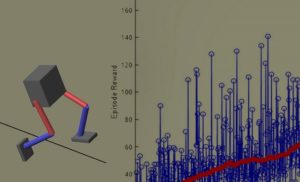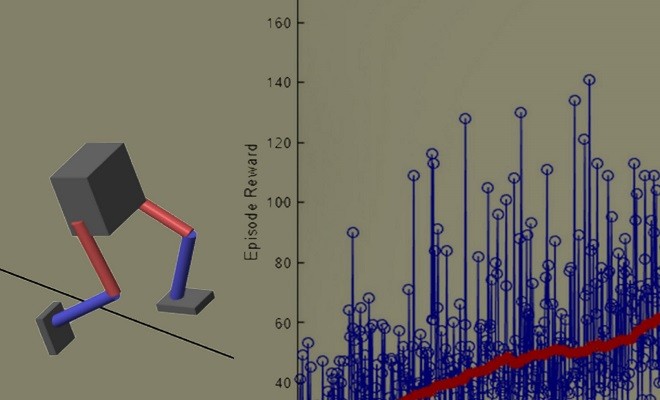The company has introduced Release 2019a of MATLAB and Simulink to enable engineers and scientists to quickly and effectively extend their artificial intelligence (AI) skills

Mathematical computing software developer MathWorks, on Tuesday, announced the launch of new products and important enhancements for artificial intelligence (AI), signal processing and static analysis, along with new capabilities and bug fixes across all product families.
The company has introduced Release 2019a of MATLAB and Simulink. MATLAB, the language of engineers and scientists, is a programming environment for algorithm development, data analysis, visualization and numeric computation. Simulink is a block diagram environment for simulation and model-based design for multidomain dynamic and embedded engineering systems.
Engineers and scientists worldwide rely on these product families to accelerate the pace of discovery, innovation and development in automotive, aerospace, electronics, financial services, biotech-pharmaceutical and other industries. MATLAB and Simulink are also fundamental teaching and research tools in the world’s universities and learning institutions.
“One of the key challenges in moving AI from hype to production is that organizations are hiring AI ‘experts’ and trying to teach them engineering domain expertise. With R2019a, MathWorks enables engineers to quickly and effectively extend their AI skills, whether it’s to develop controllers and decision-making systems using reinforcement learning, training deep learning models on NVIDIA DGX and cloud platforms, or applying deep learning to 3-D data,” said David Rich, MATLAB marketing director.
Release 2019a of MATLAB and Simulink
R2019a introduces Reinforcement Learning Toolbox, further enhancing the MATLAB workflow for AI. The new toolbox facilitates a type of machine learning that trains an “agent” through repeated trial-and-error interactions with an environment to solve controls and decision-making problems.
The toolbox reiterates the company’s commitment to AI, building on last fall’s R2018b introduction of Deep Learning Toolbox, which was enhanced with support for NVIDIA GPU Cloud, Amazon Web Services and Microsoft Azure, and interoperability through support of the ONNX exchange format.
Further support for AI in R2019a includes significant enhancements to Computer Vision Toolbox, Data Acquisition Toolbox, and Image Acquisition Toolbox.
Signal Processing
R2019a features several new signal processing and communications products to support wireless and electronics development, including:
Mixed-Signal Blockset – a Simulink add-on providing fast model construction, rapid simulation and deep insights into mixed-signal system design models with dedicated analysis and visualization tools
SerDes Toolbox – a Simulink add-on that offers the SerDes Designer app for rapid design, analysis and modeling of wired communications transmitters and receivers
SoC Blockset – a Simulink add-on that enables simulation and exploration of FPGA, ASIC and SoC architectures, cosimulation of algorithms and hardware platforms, and performance monitoring and bottleneck detection
Static Analysis
R2019a also makes notable advances in the company’s Polyspace static analysis product family. This includes new products that support enterprise-scale use of these products for the design and development of safety- and business-critical software:
- Polyspace Bug Finder Access and Polyspace Code Prover Access are new Polyspace products that enable collaboration for teams with up to several hundred members. The new products provide a web browser interface to Polyspace static code analysis results and quality metrics stored in a central repository
- Polyspace Bug Finder Server and Polyspace Code Prover Server are new Polyspace products that allow the static analysis engine to run on a server-class machine with build automation tools. The new products automate and integrate Polyspace into software development processes to automatically assign defects, send notifications and upload results to Polyspace Access products










